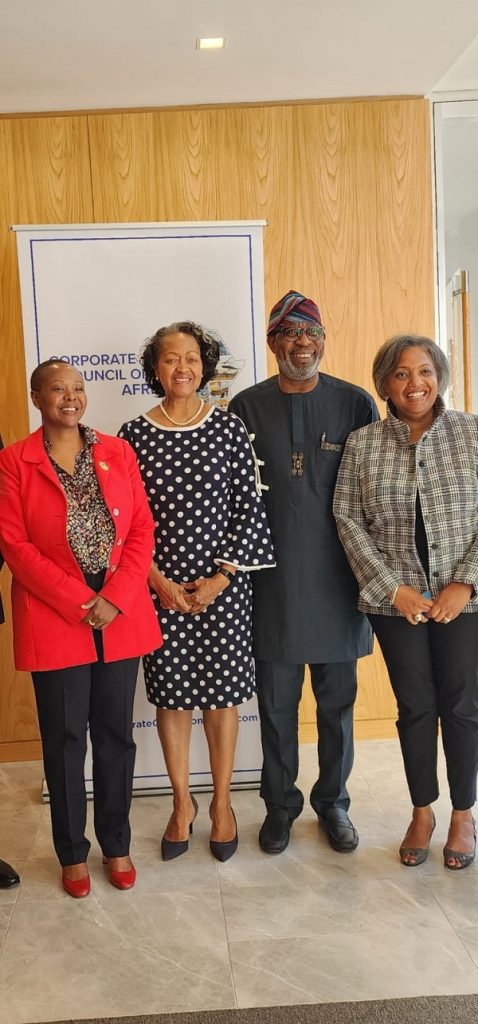
Nigeria’s Minister of Solid Minerals Development, Dr. Oladele Alake has advertised Nigeria’s critical solid minerals deposits valued at over $700bn, a development which signifies the nation’s readiness to play a significant role in meeting global demand for critical minerals.
Alake, who was speaking at a special session held on the sidelines of the United Nations General Assembly in New York, noted that Nigeria’s mineral wealth positions it among the top 10 global players in the energy sector.
Speaking on the topic, “From Critical Minerals to Energy Transition: Africa in the Driver’s Seat,” at the event organised by the Corporate Council of Africa, Alake highlighted the deposits as having substantial potential for further expansion.
He stated that Africa, as a continent, is well-positioned to lead the global energy transition, largely driven by critical minerals. Alake pointed out that Nigeria has historically played a vital role in the global energy landscape, including as a significant oil exporter and a prominent supplier of liquefied natural gas (LNG) to Europe during the Russia-Ukraine crisis.
The minister stressed the increasing importance of minerals in the context of new energy sources, electric vehicles and energy storage. He emphasised that this trend is irreversible and will continue to grow as the world embraces a lower-carbon future with a focus on environmental, social and governance (ESG) factors.
He acknowledged that Nigeria may not have a robust mining history compared to some of its African neighbours but emphasised that the nation is poised for change. He identified the presence of critical minerals in Nigeria, including lithium, graphite, rare earth elements, platinum group minerals, nickel and zinc.
For example, lithium hosted in pegmatite rocks is found in Nigerian states such as Nasarawa, Kwara, Oyo, Kebbi and the FCT. The minister noted that the government’s goal is to “develop the entire value chain for lithium, from ore extraction to the production of lithium hydroxide”.
Furthermore, Nigeria possesses rare earth elements essential for wind turbines and electric vehicle motors in states like Nasarawa and Plateau. Platinum group minerals can be found in the middle belt region, including Benue and nickel deposits are present in Kaduna and other locations. Zinc, vital for both offshore and onshore wind power generation, is abundant in states like Ebonyi, Nasarawa and Plateau.
Alake highlighted President Bola Ahmed Tinubu’s commitment to solid mineral development, emphasising the sector’s importance to Nigeria’s national GDP. He encouraged foreign investment, collaboration, and partnerships in the solid mineral sector, asserting that Nigeria is poised to become a prime mining destination on the continent.
The minister outlined several incentives available to potential investors, including up to 95 per cent capital allowances on qualifying capital expenditure, up to 3-5 years of tax holidays, possible capitalisation of exploration and survey expenses and free transferability of foreign currency for servicing foreign loans and remittances of foreign capital.
Alake expressed Nigeria’s interest in establishing joint ventures with major foreign mining companies to explore critical minerals. The roundtable session at the event saw the participation of leaders from the public sector, financial services and mining sectors, including the minister of solid minerals and mines from Namibia, ambassadors of Tanzania and Zambia to the United States, representatives from the US Treasury Department and US International Development Finance Corporation, as well as delegates from Glencore, DLA Piper, Gerald Group and others.
In conclusion, Nigeria’s Minister of Solid Minerals Development conveyed a strong message about Nigeria’s potential to become a major player in the supply of critical minerals, emphasising the country’s readiness to welcome foreign investments and partnerships in its solid mineral sector.


